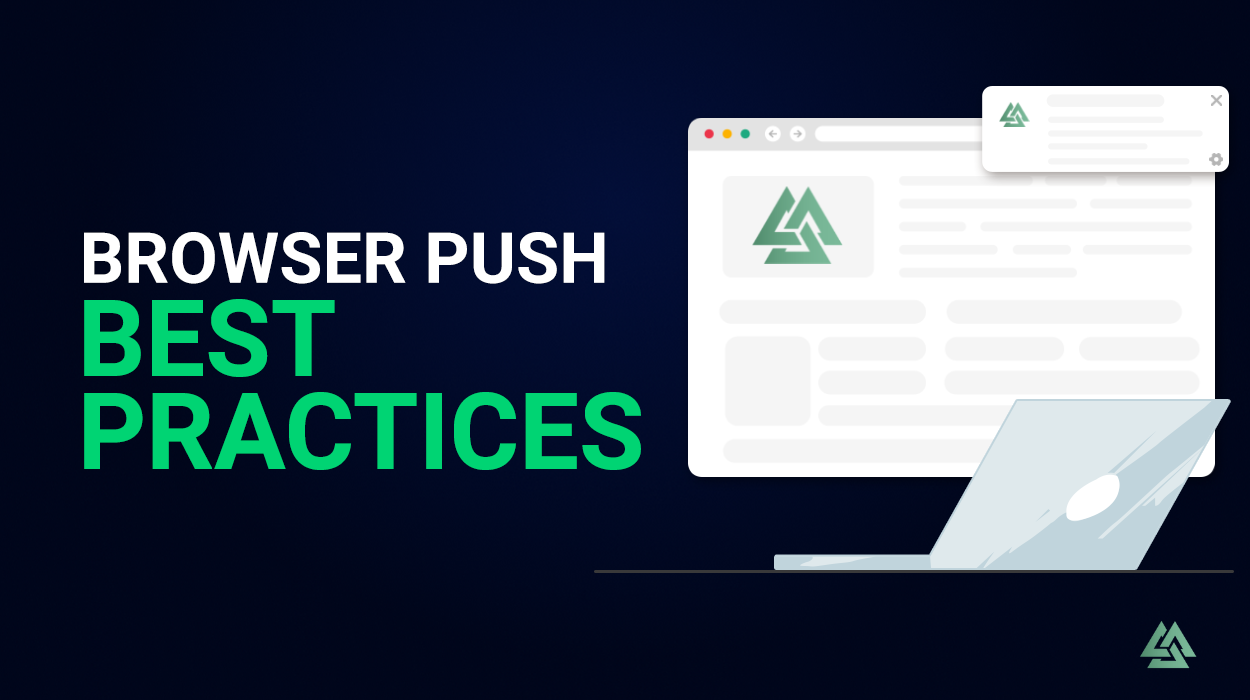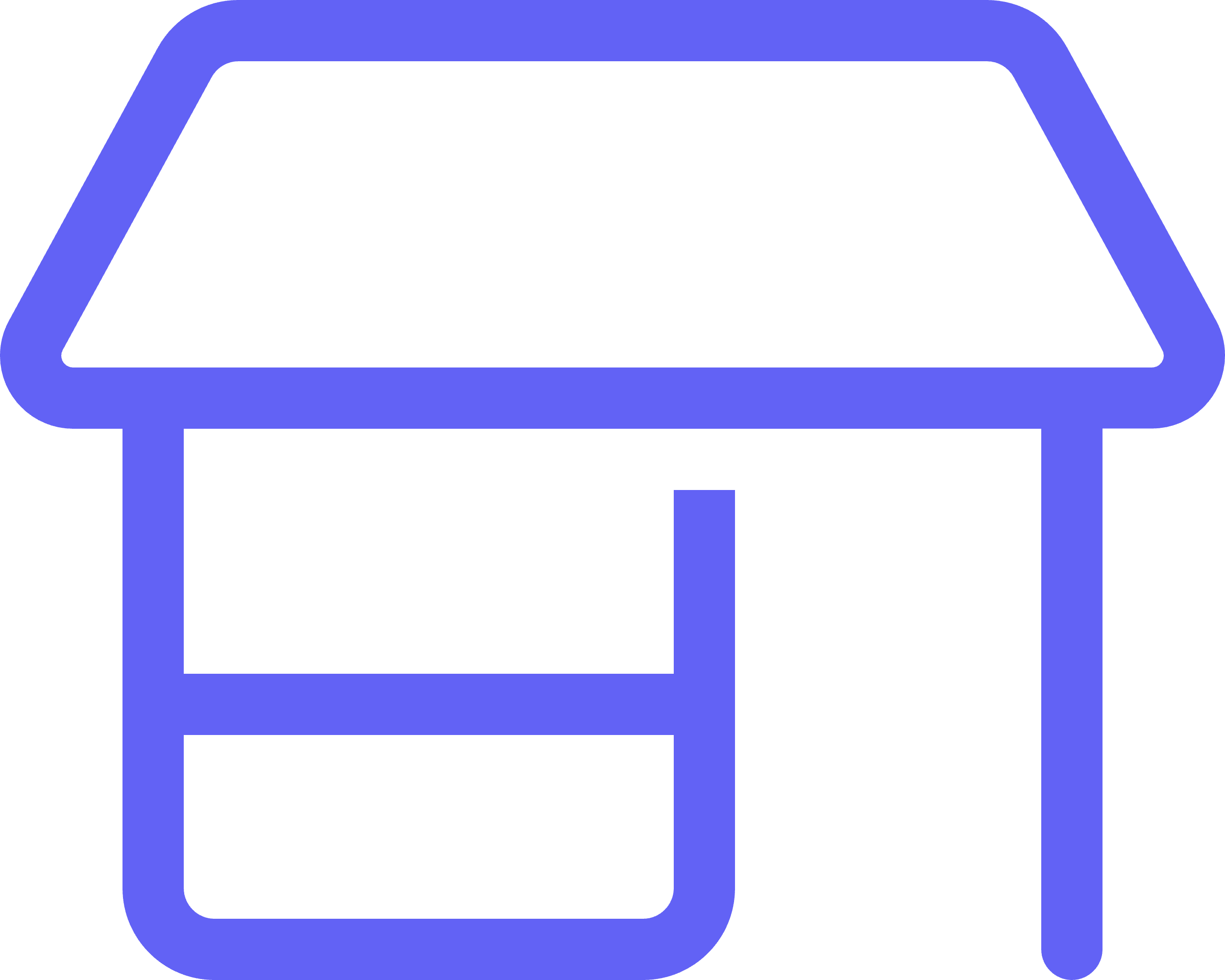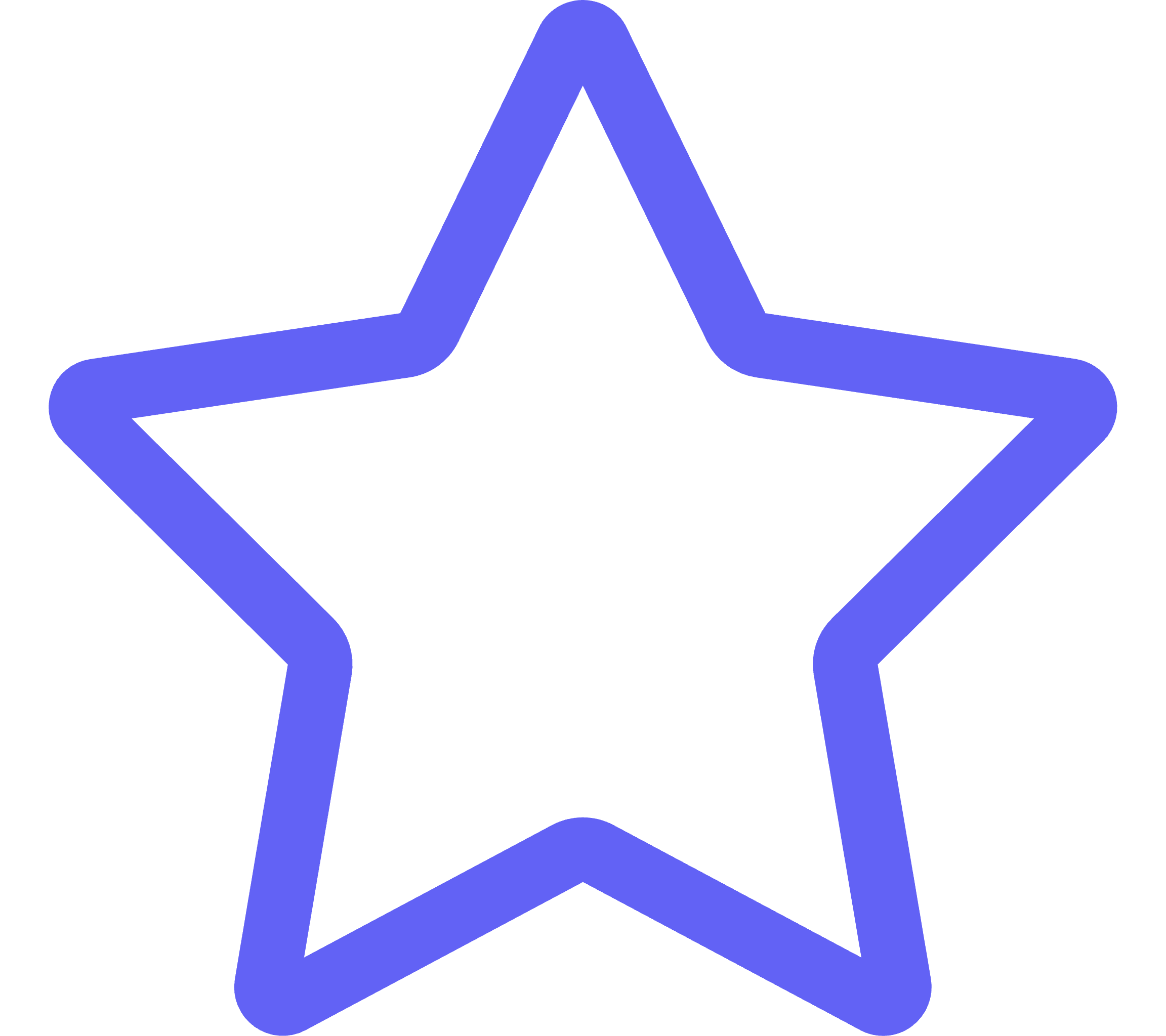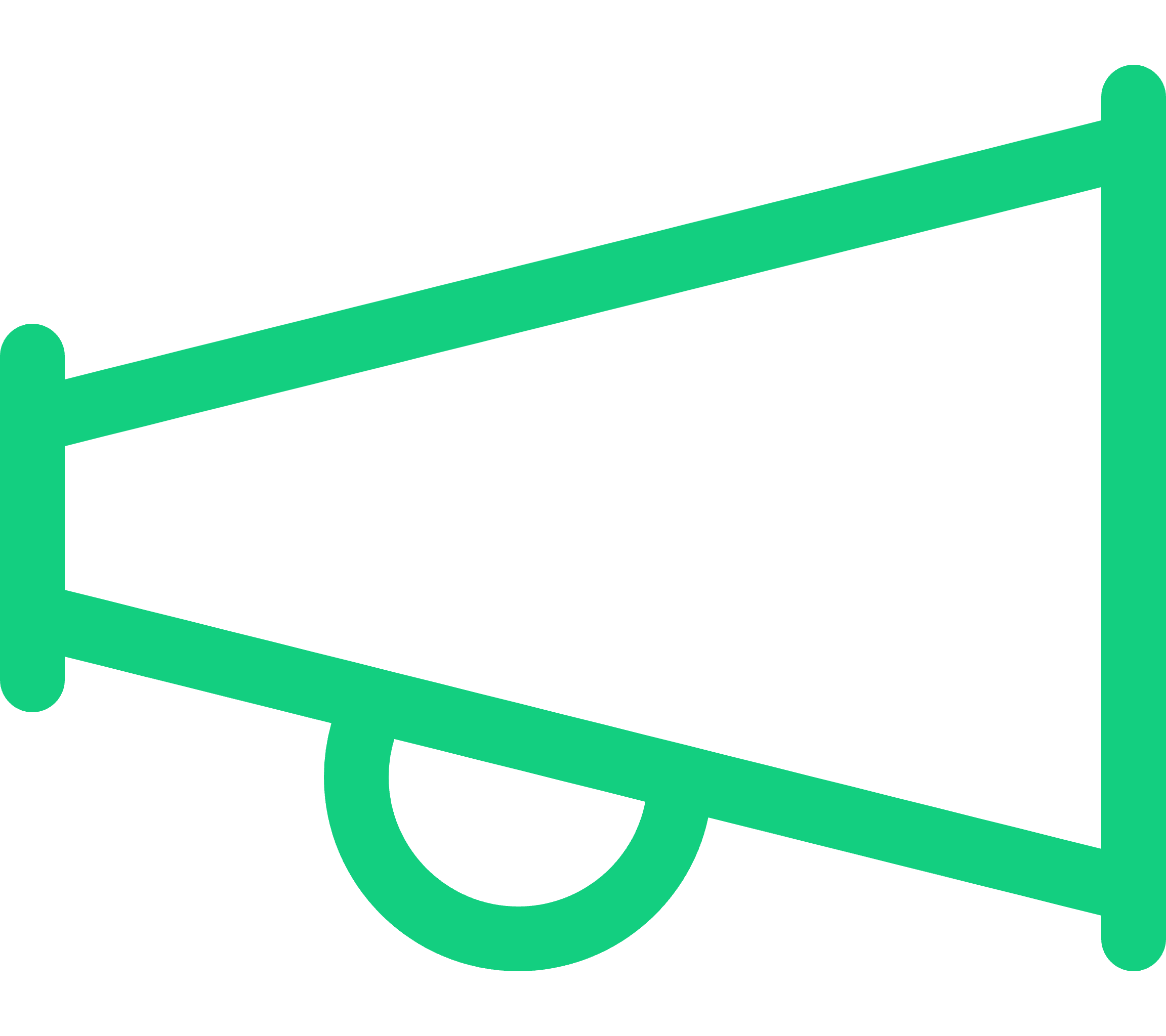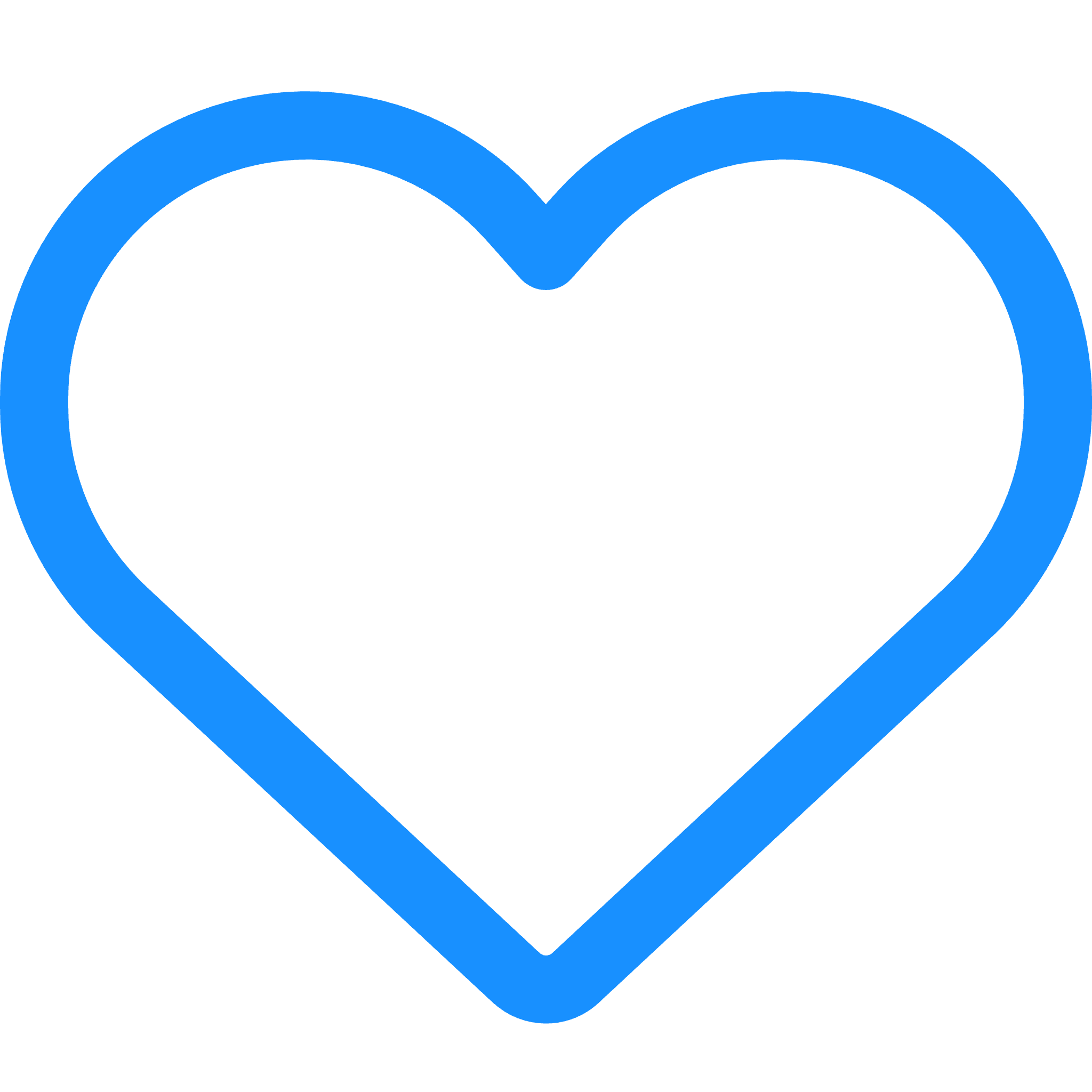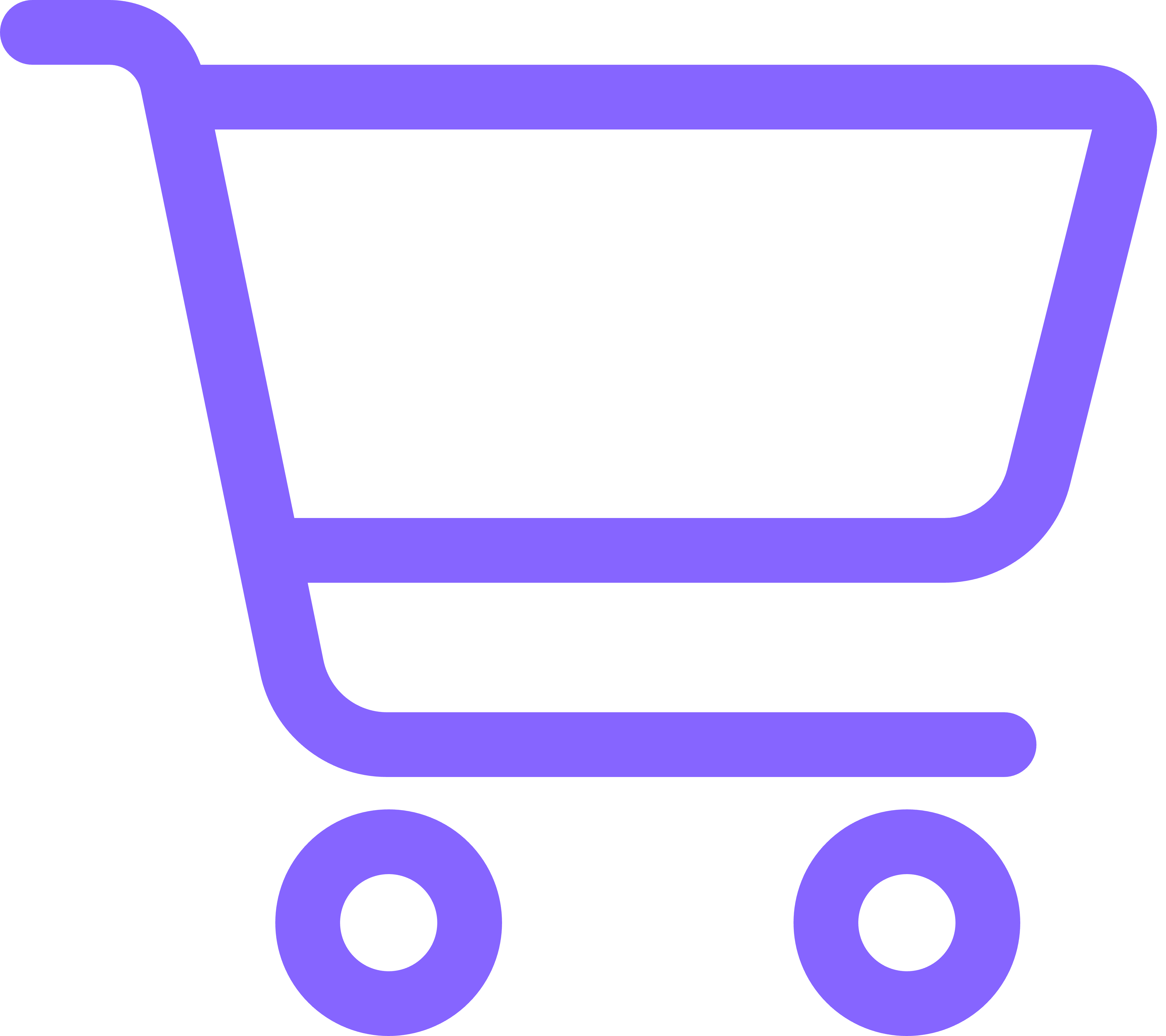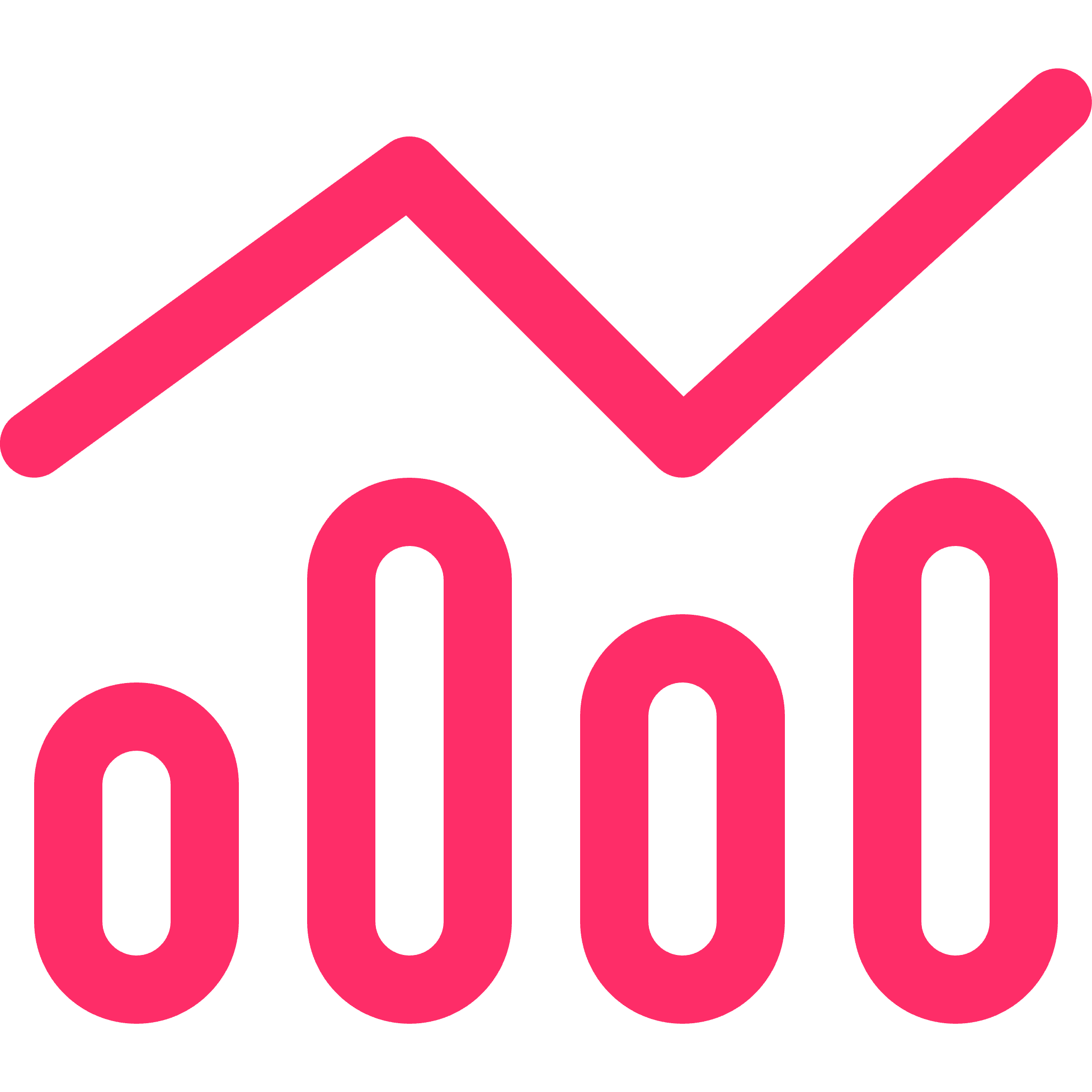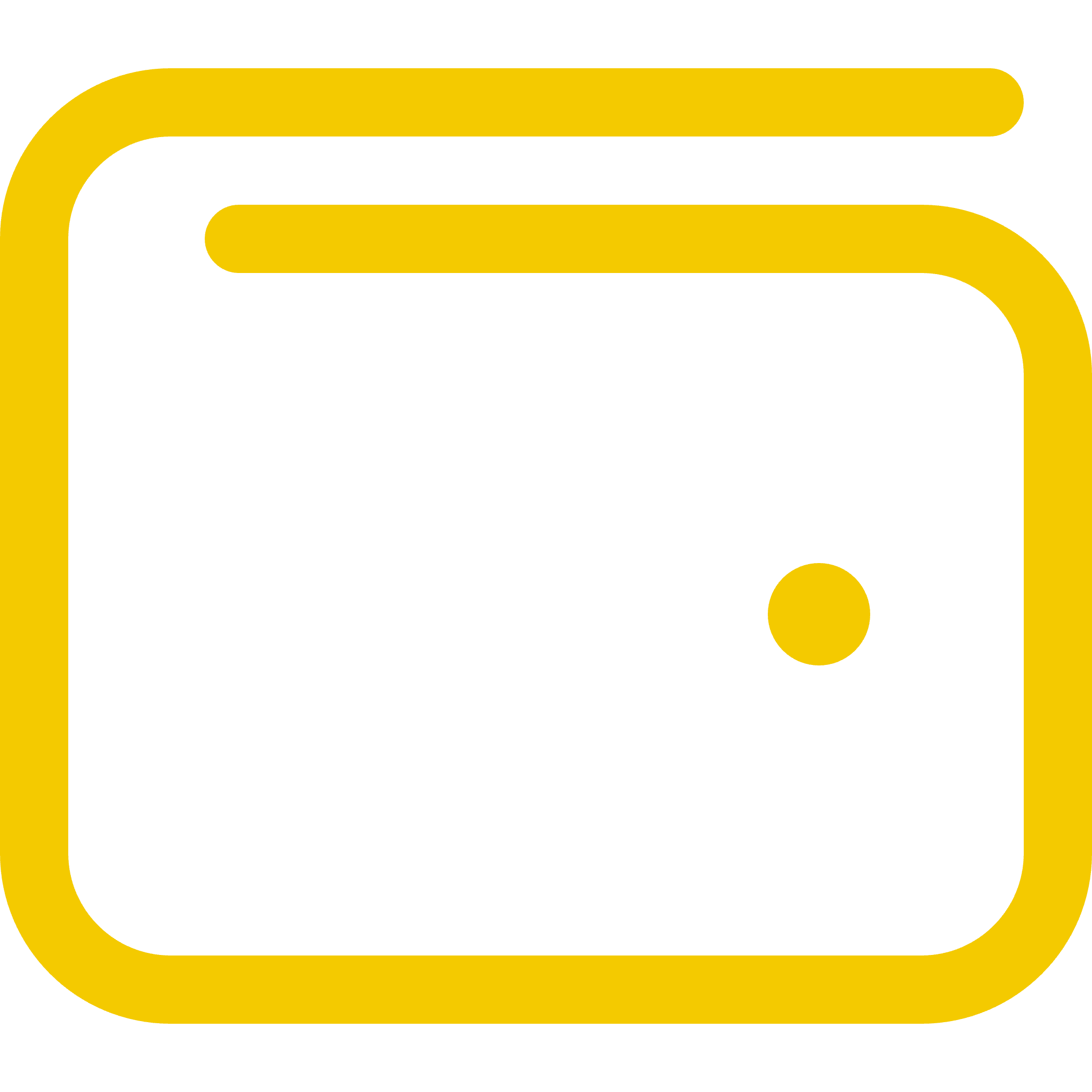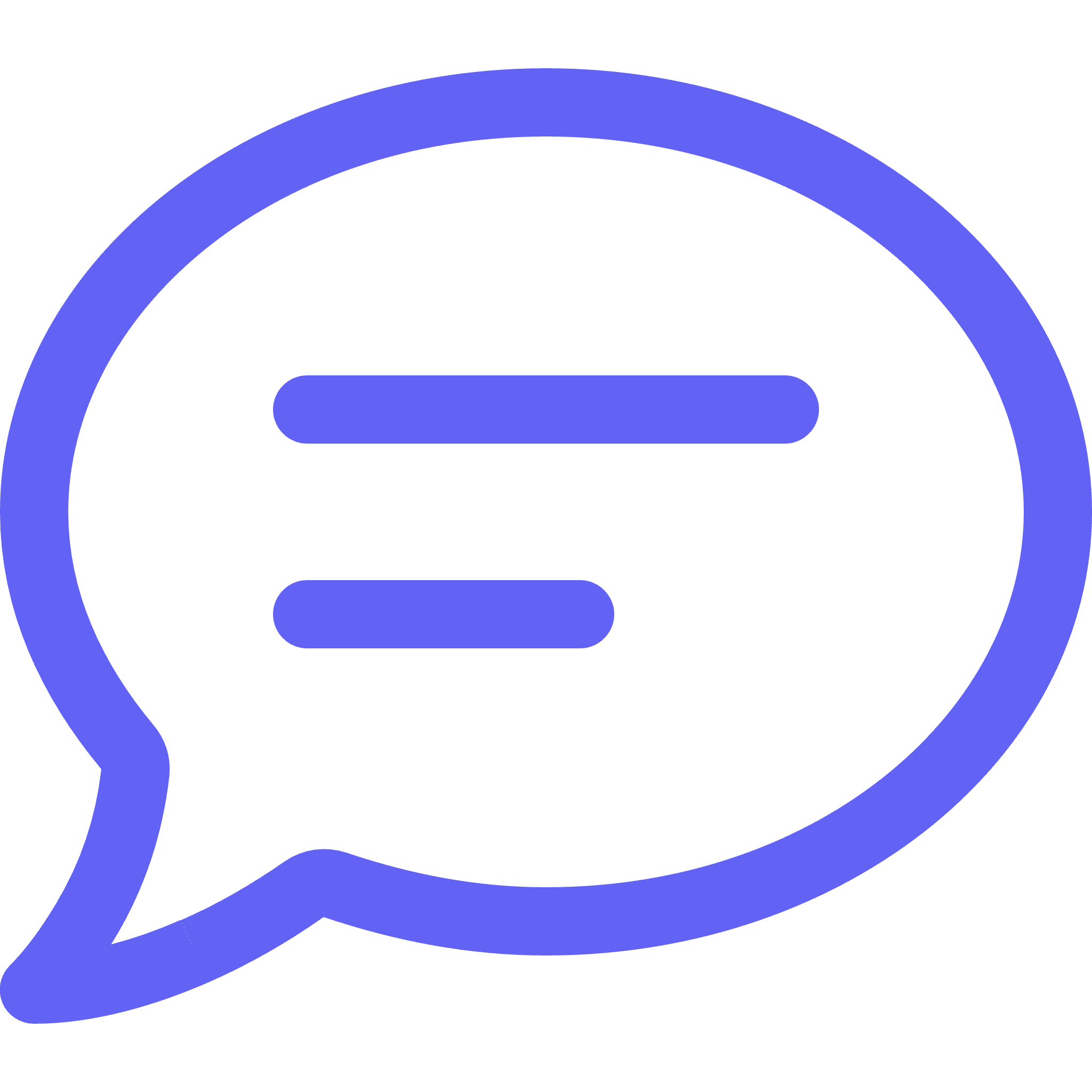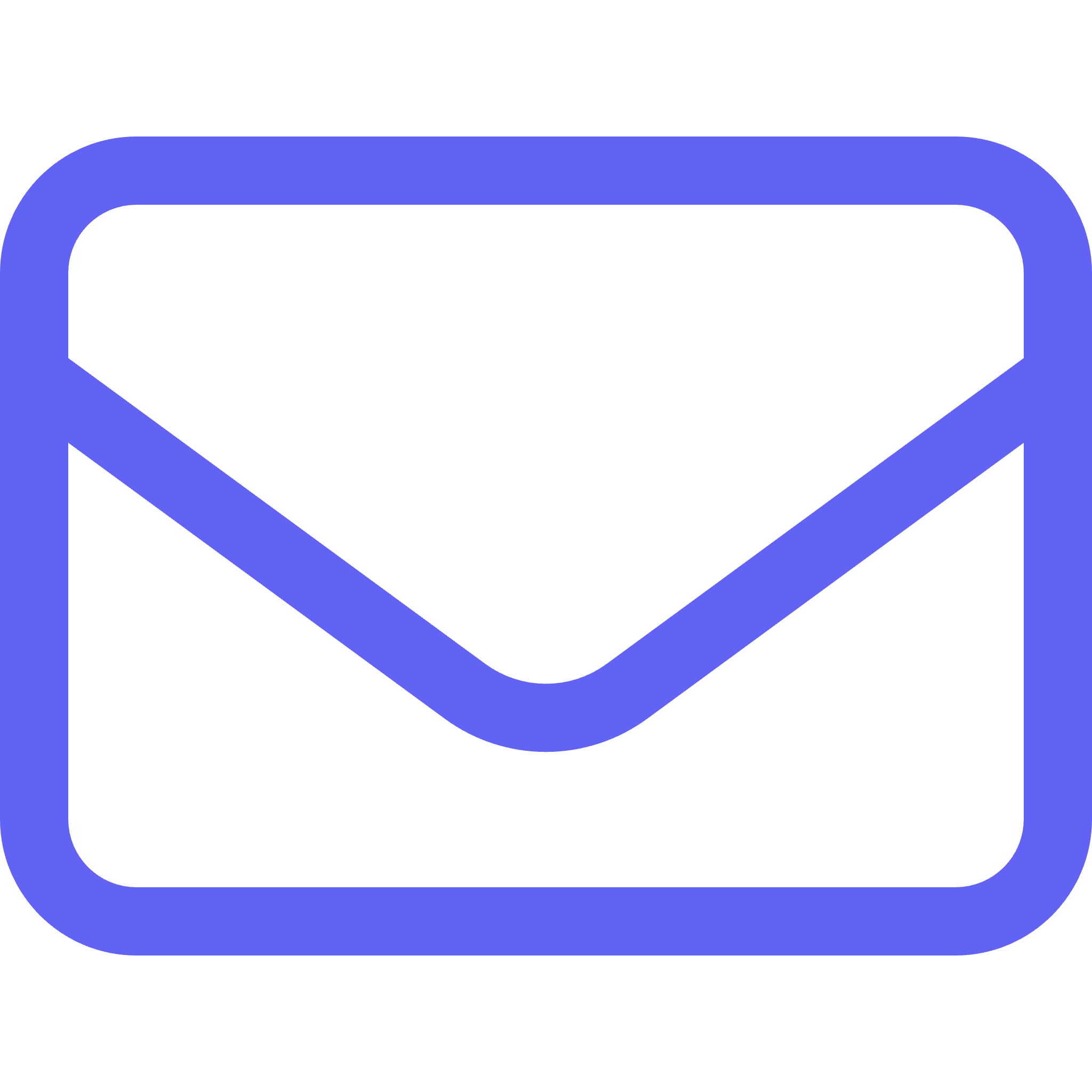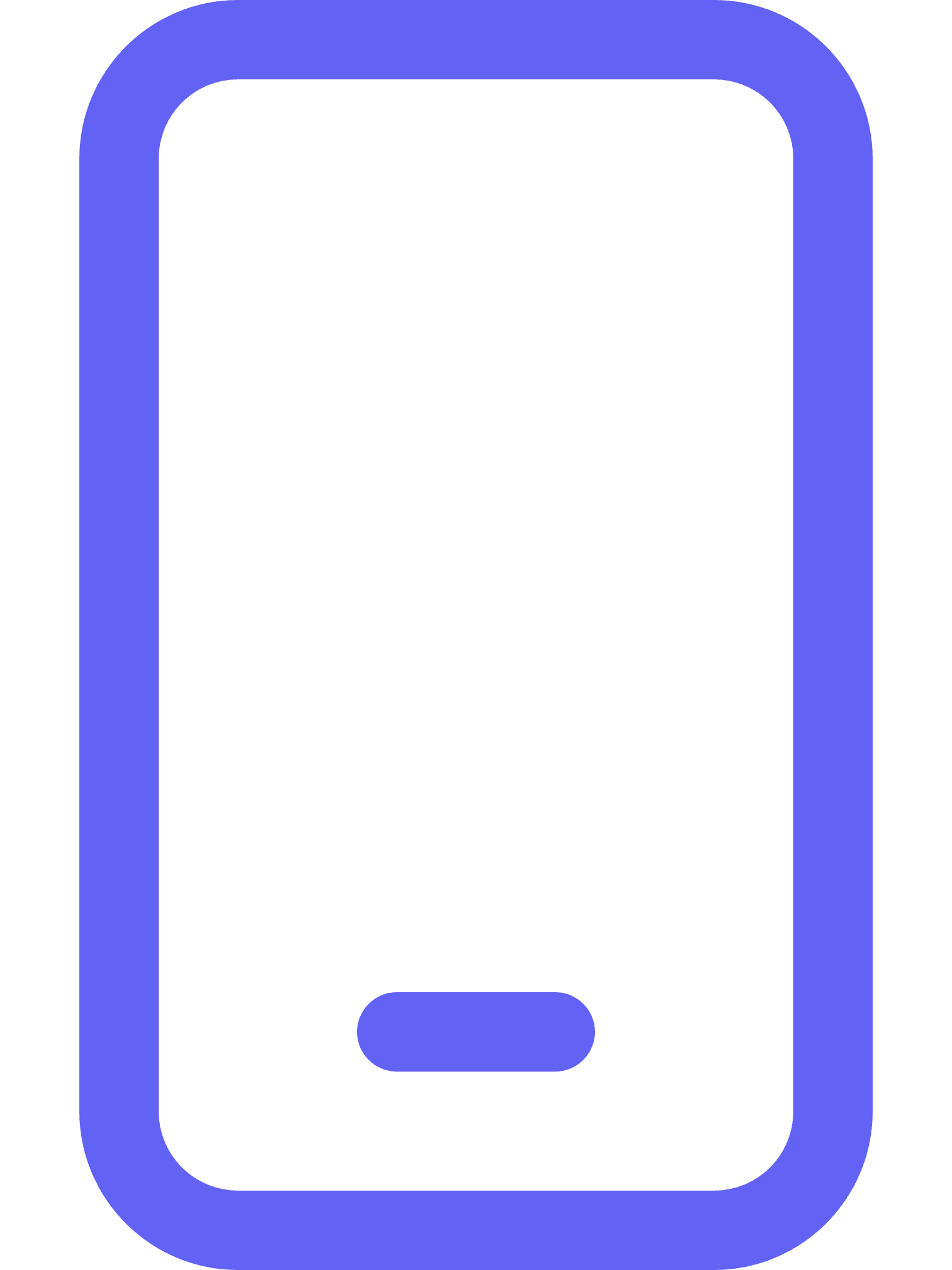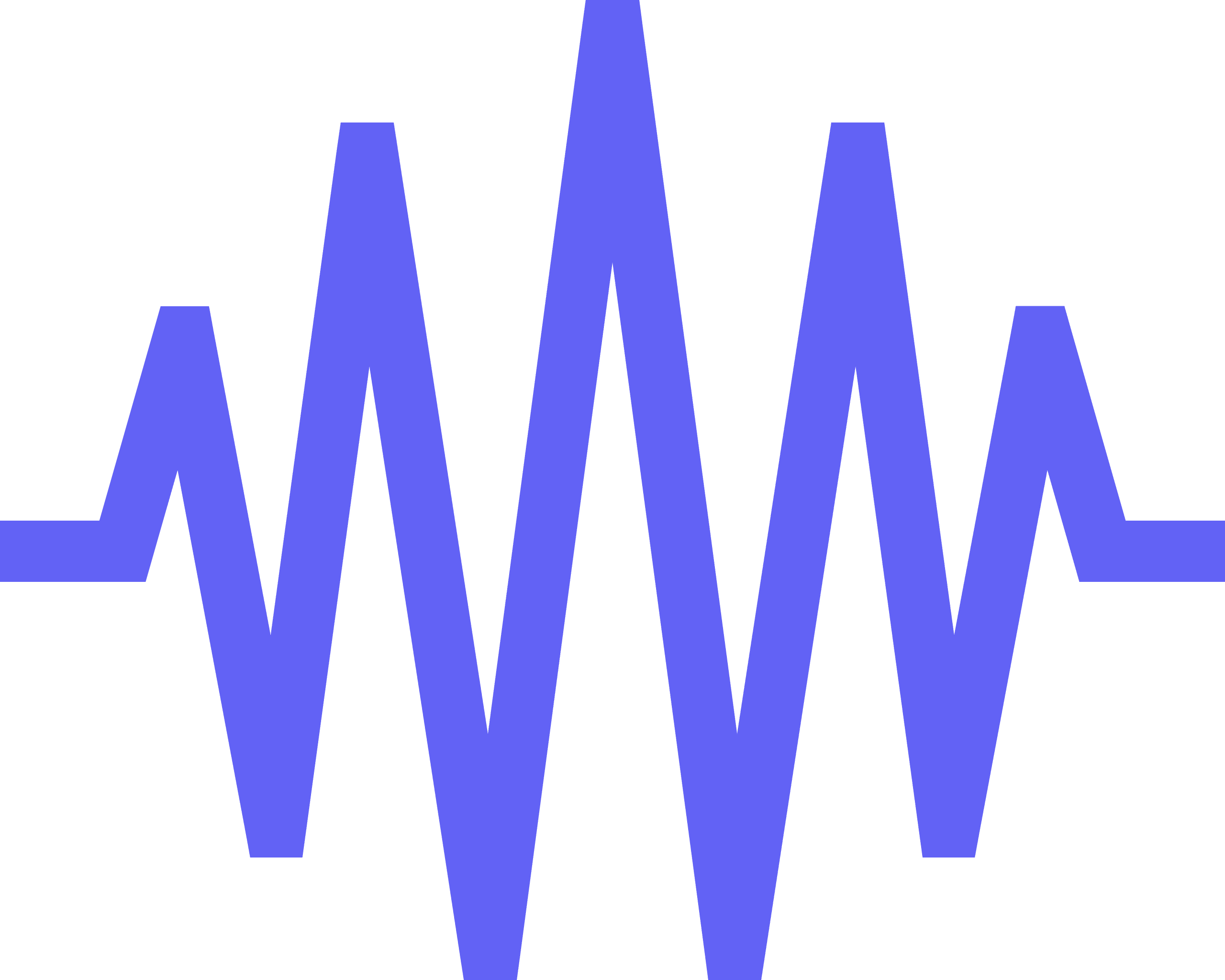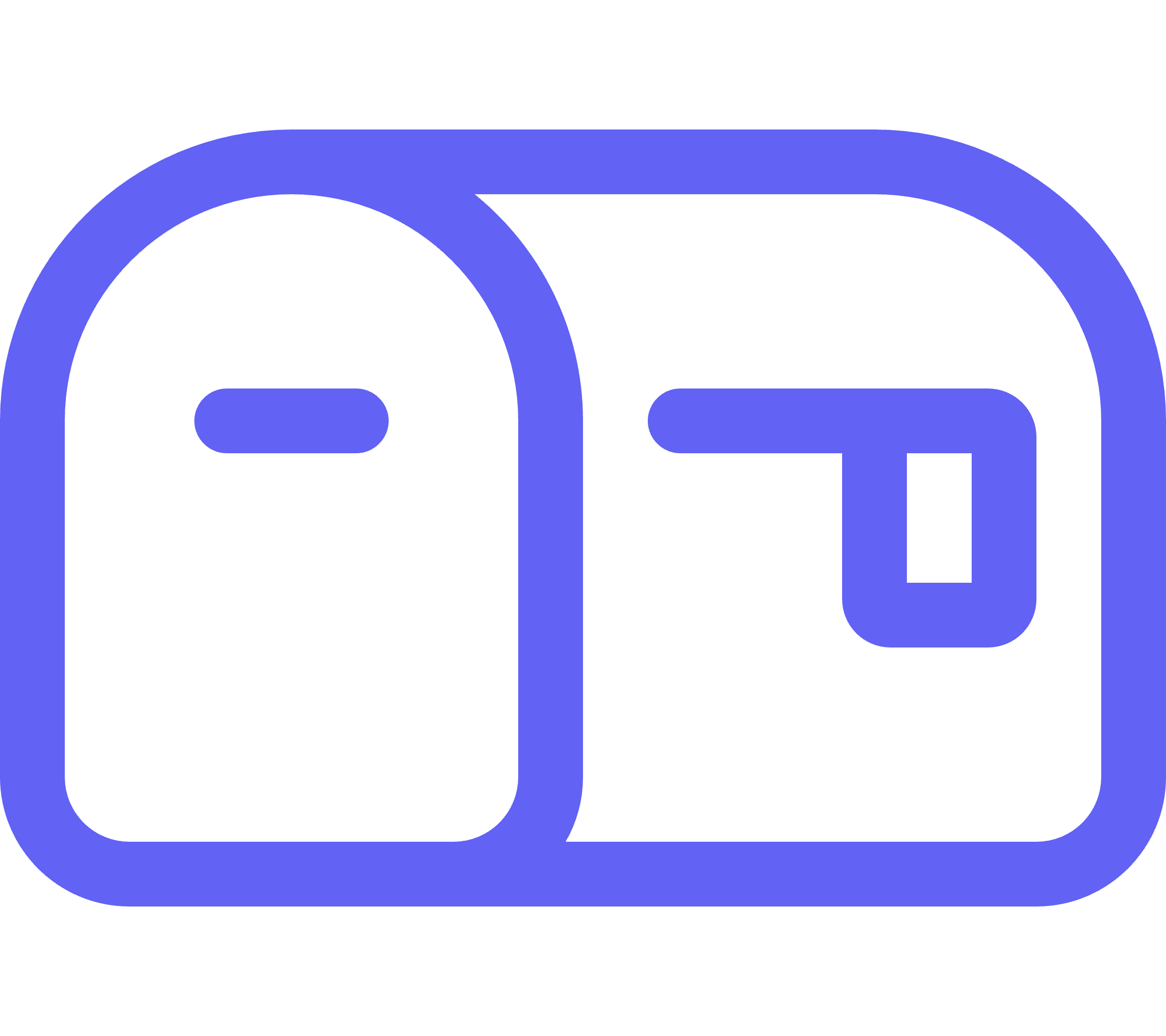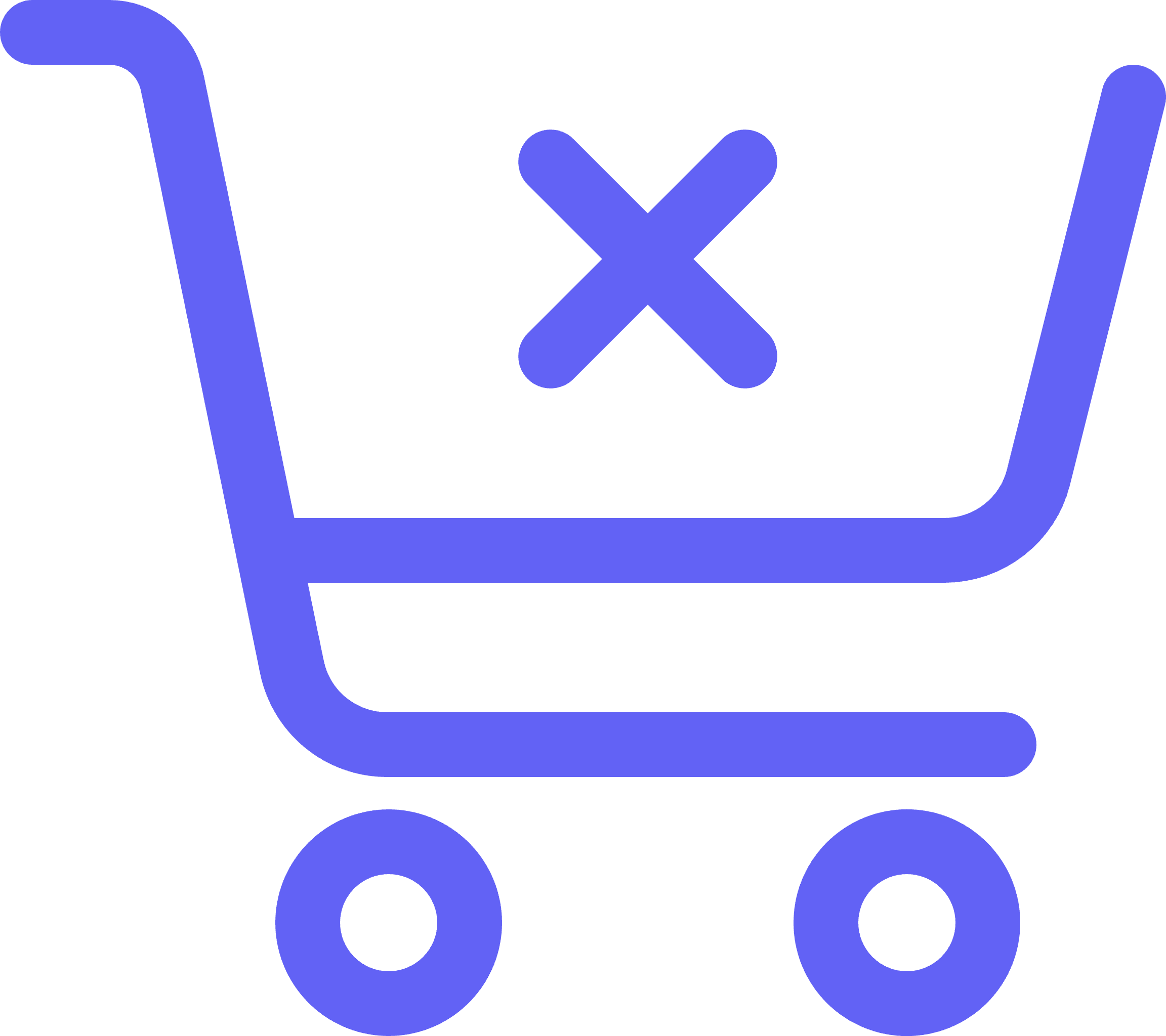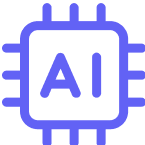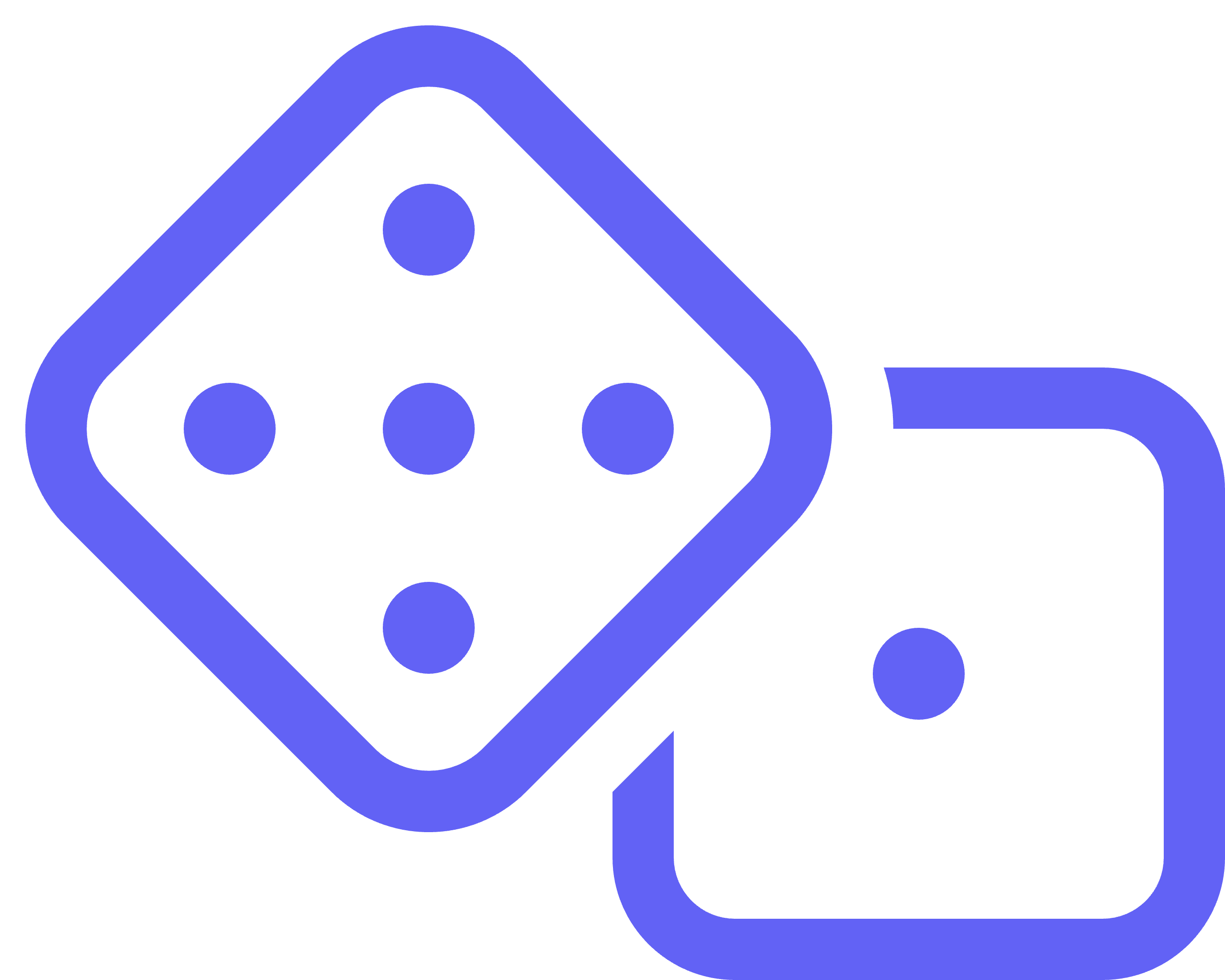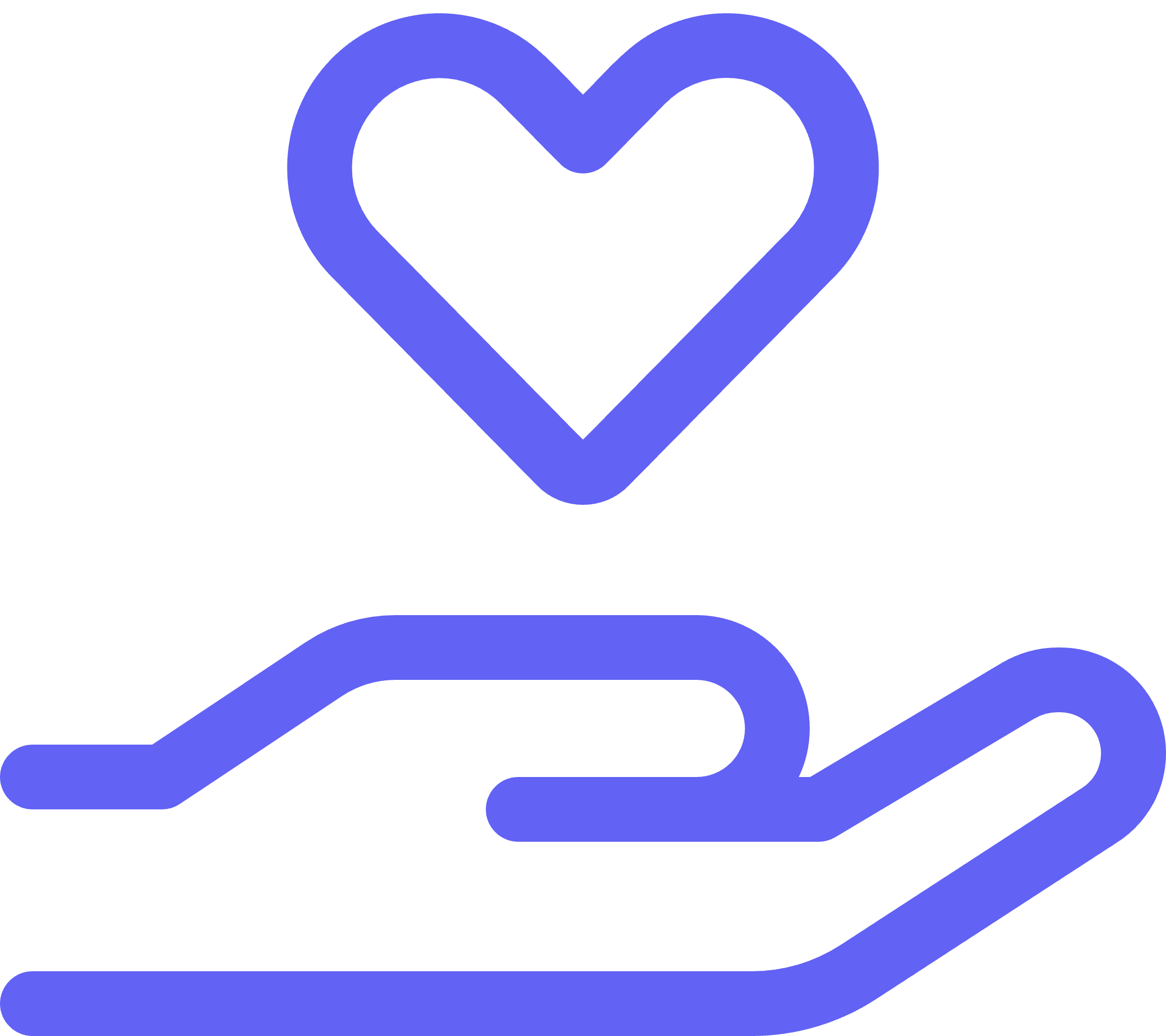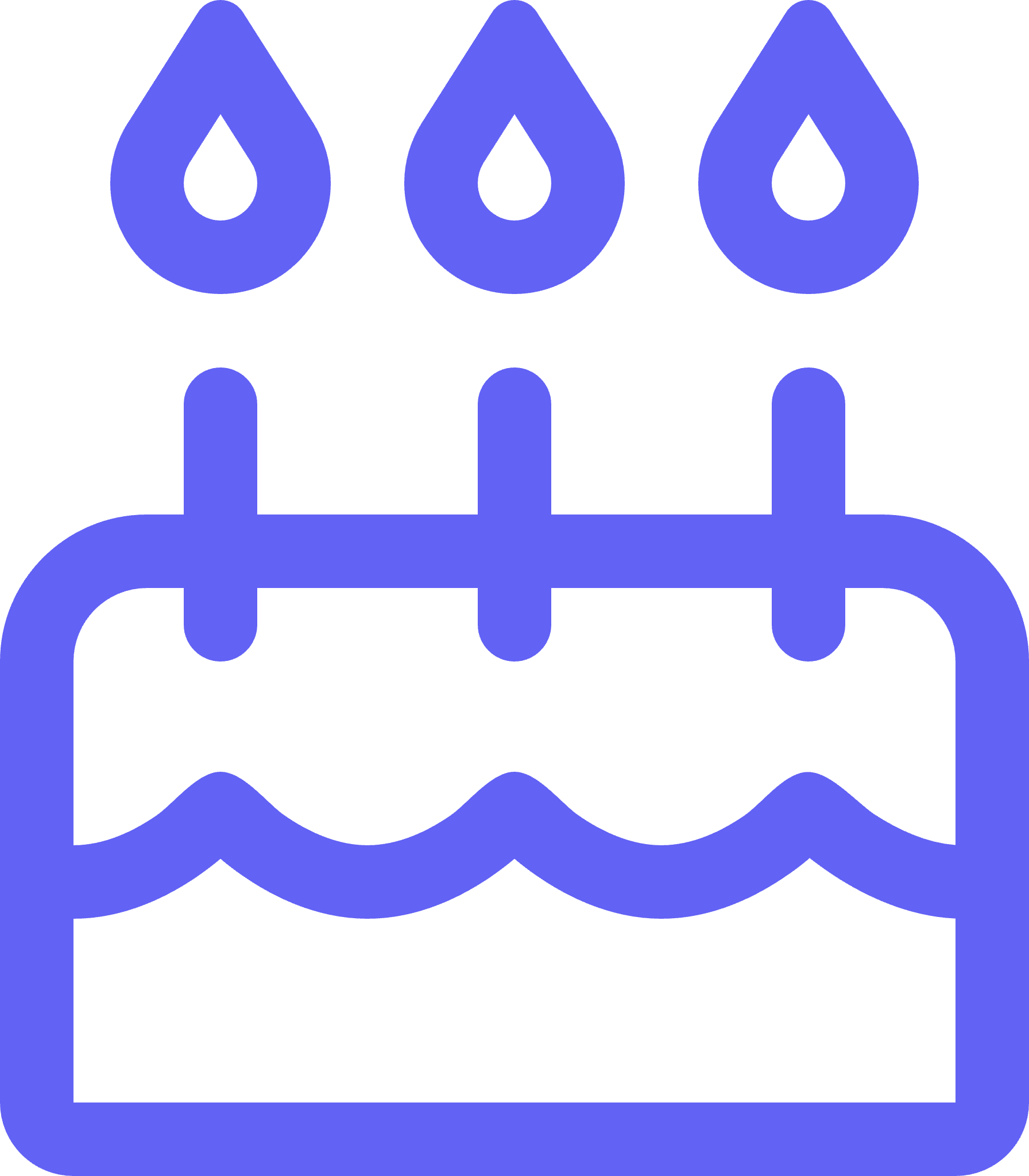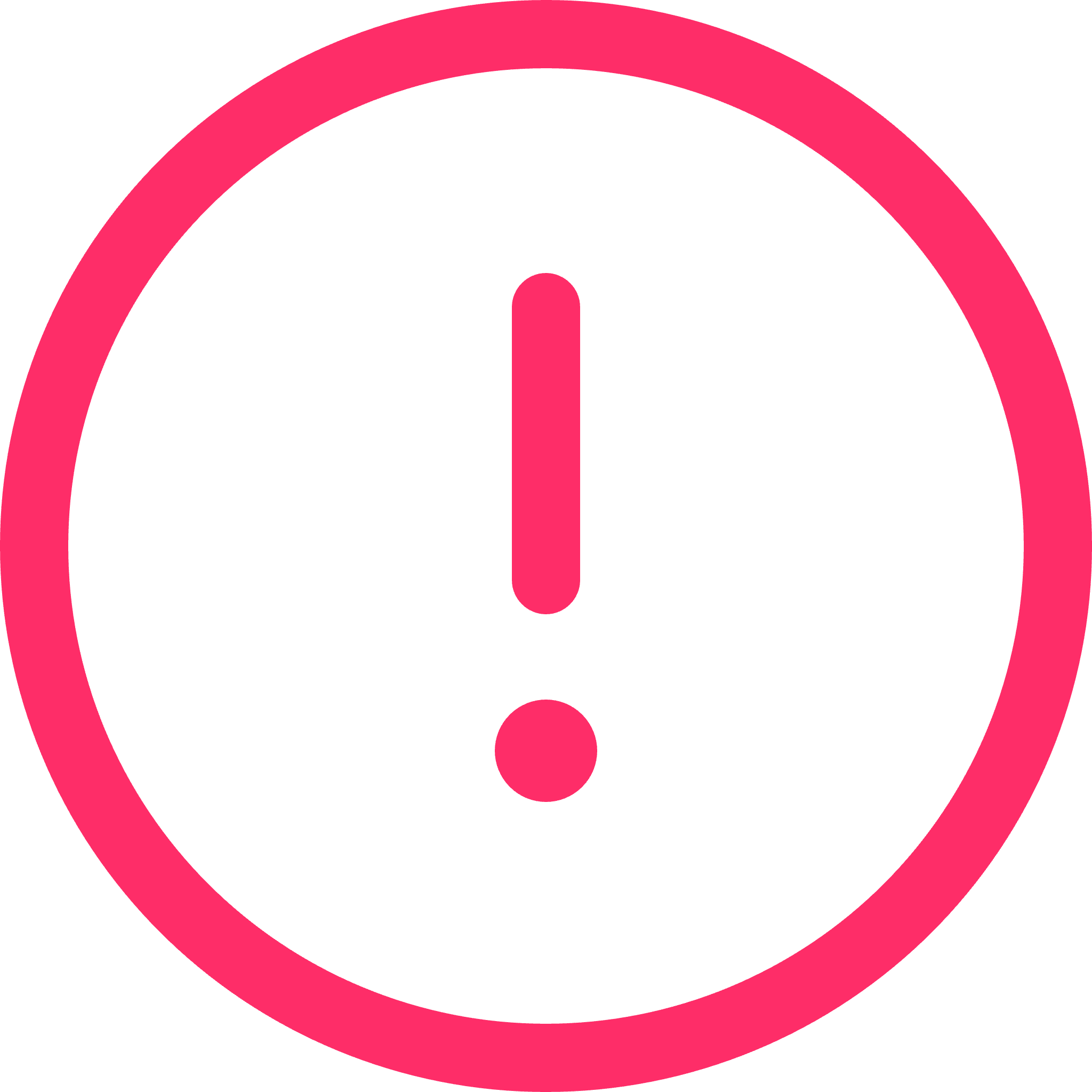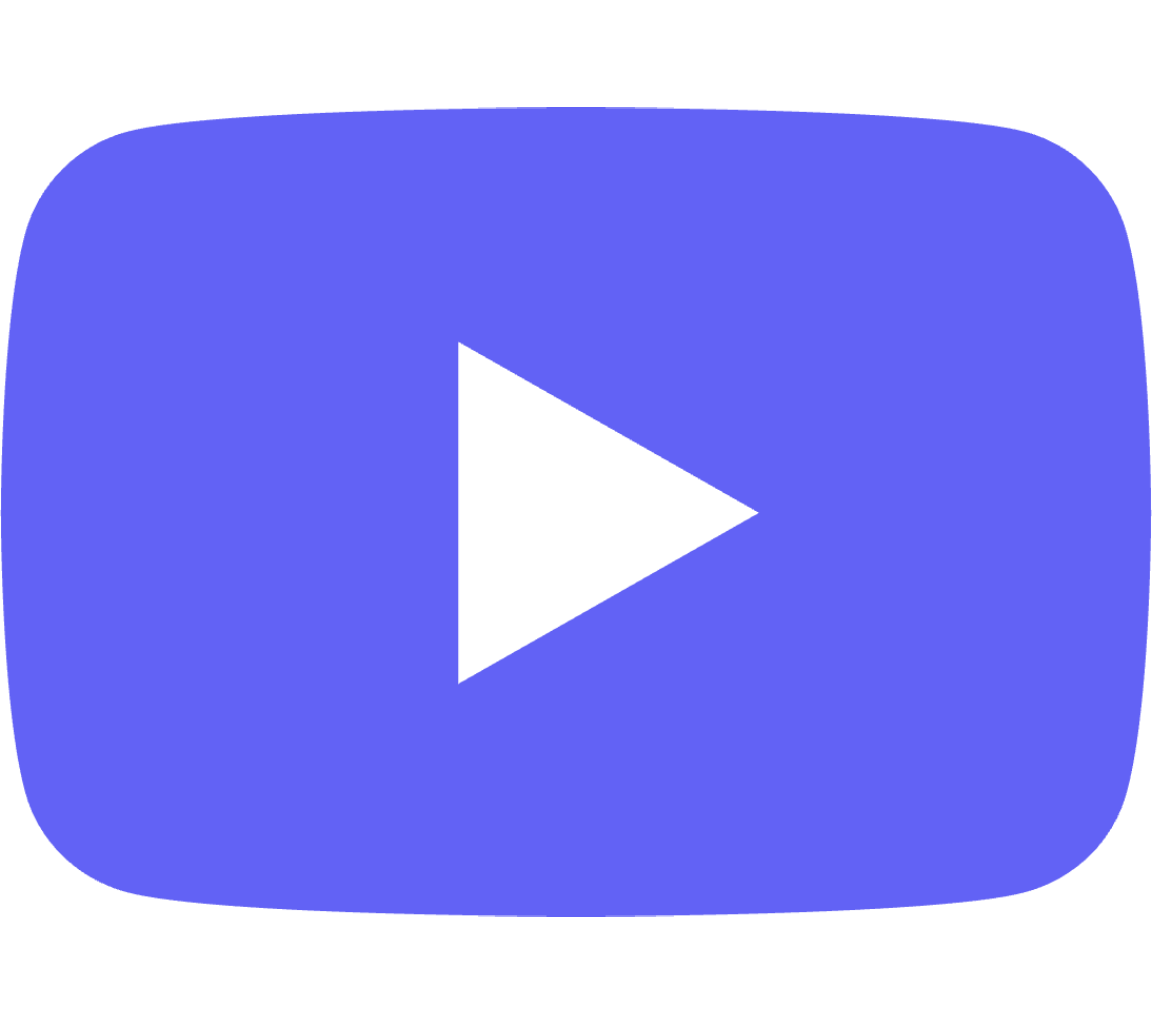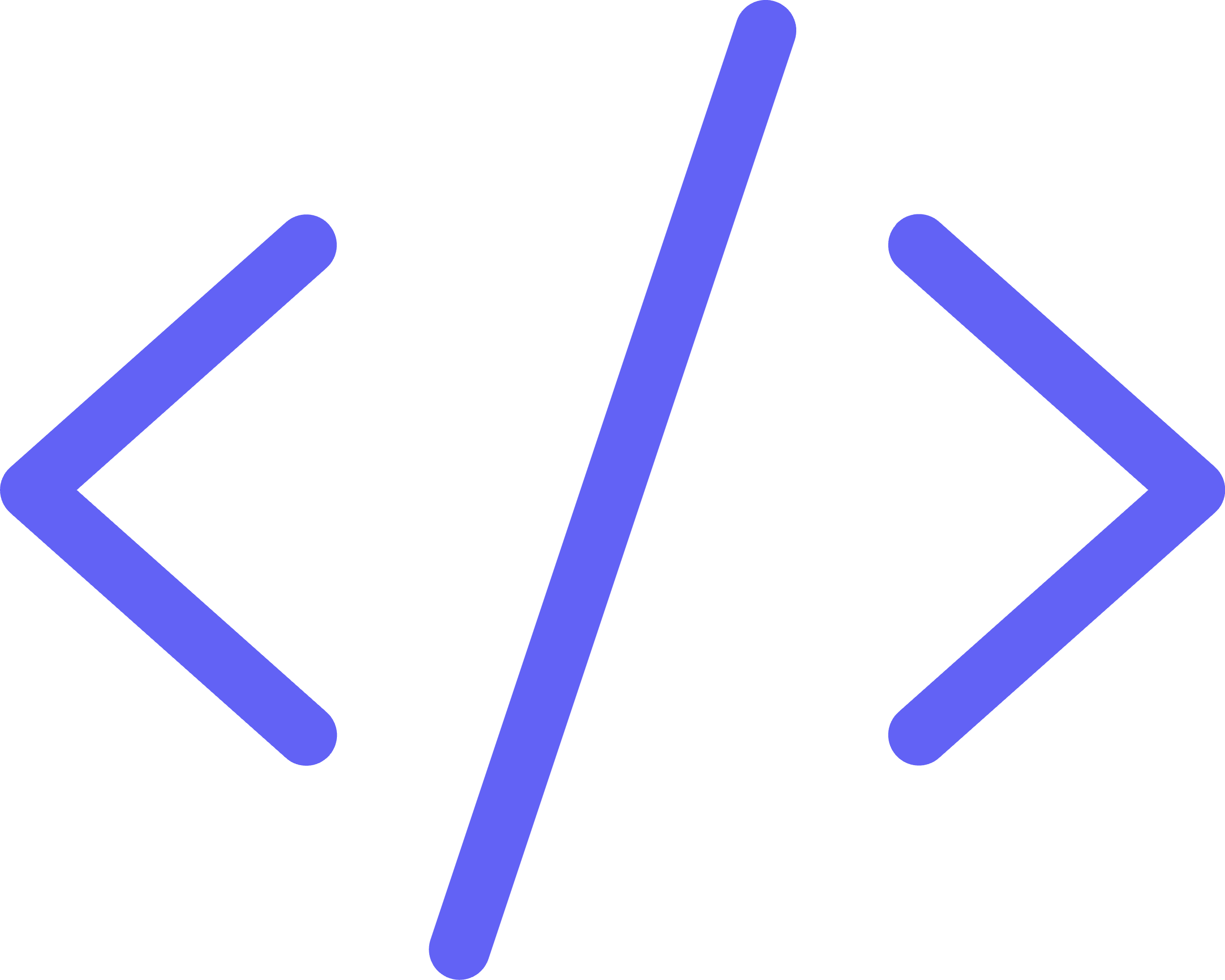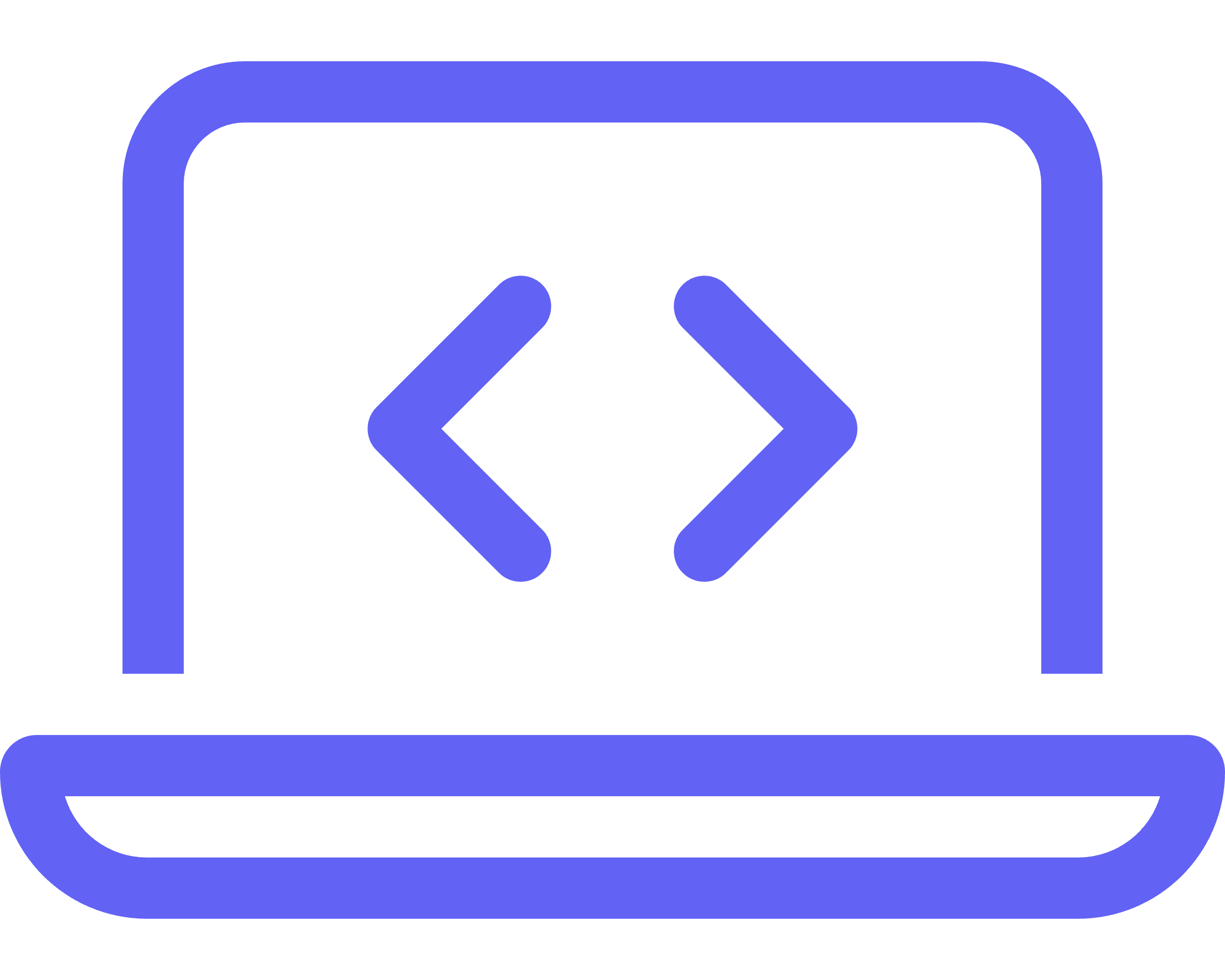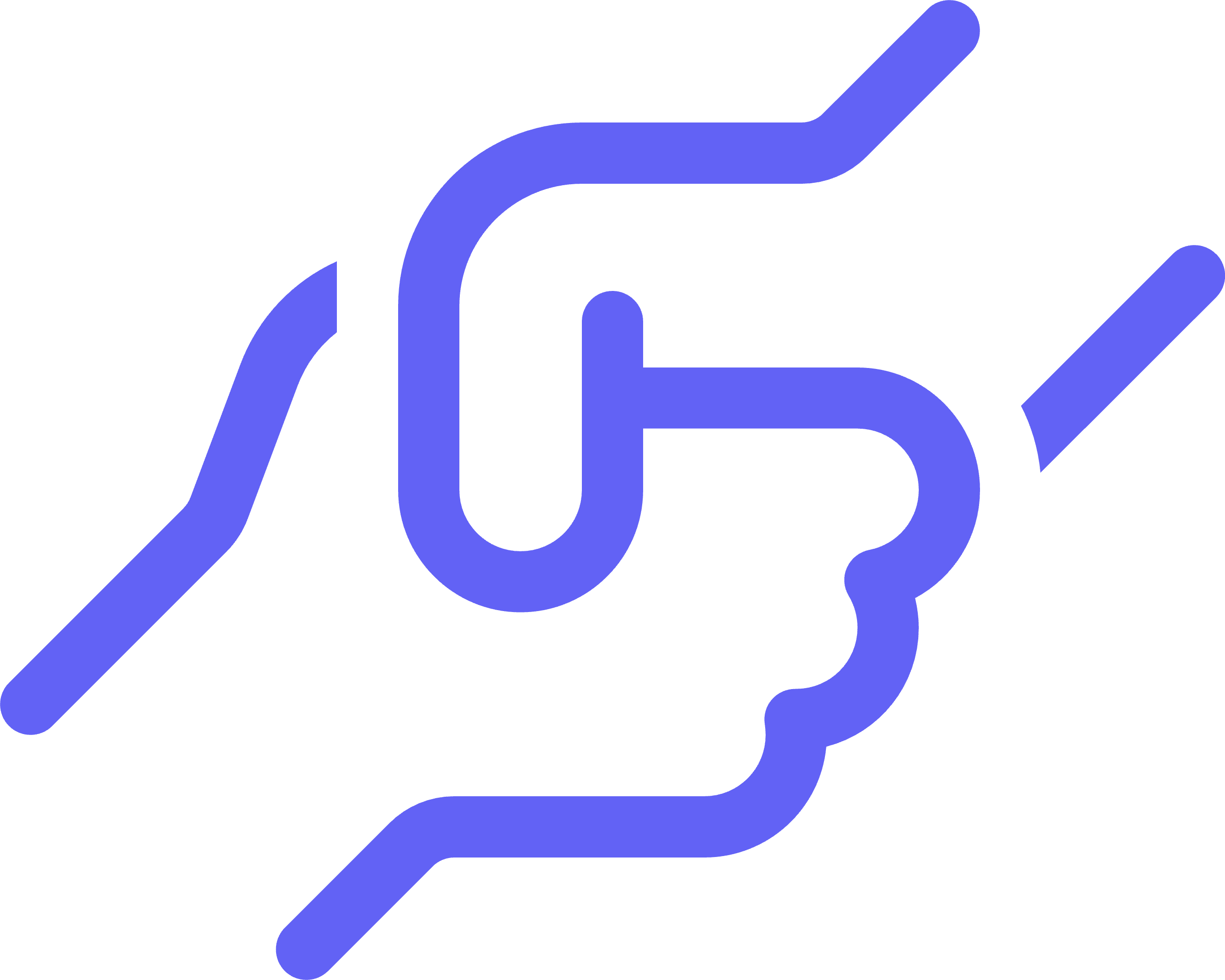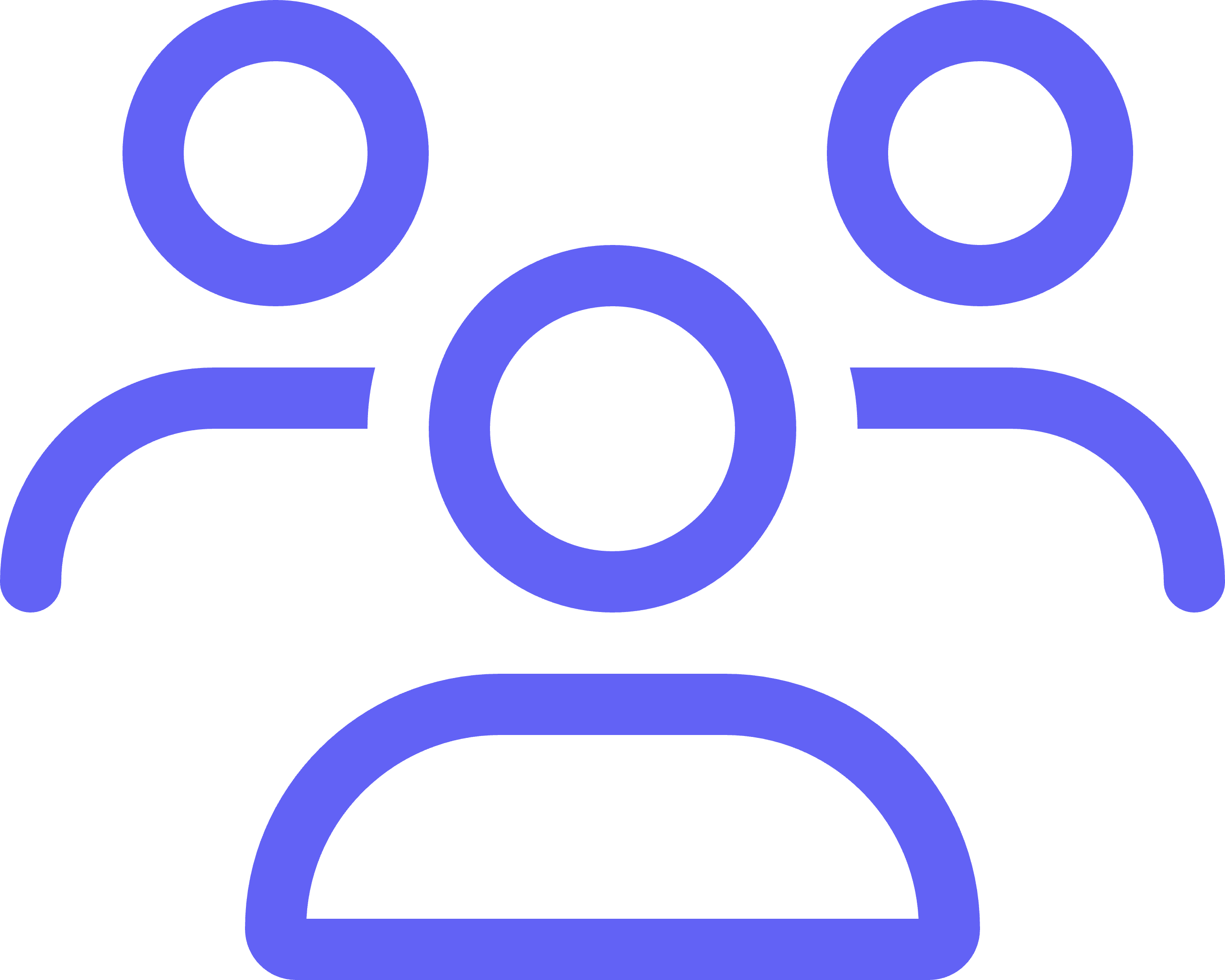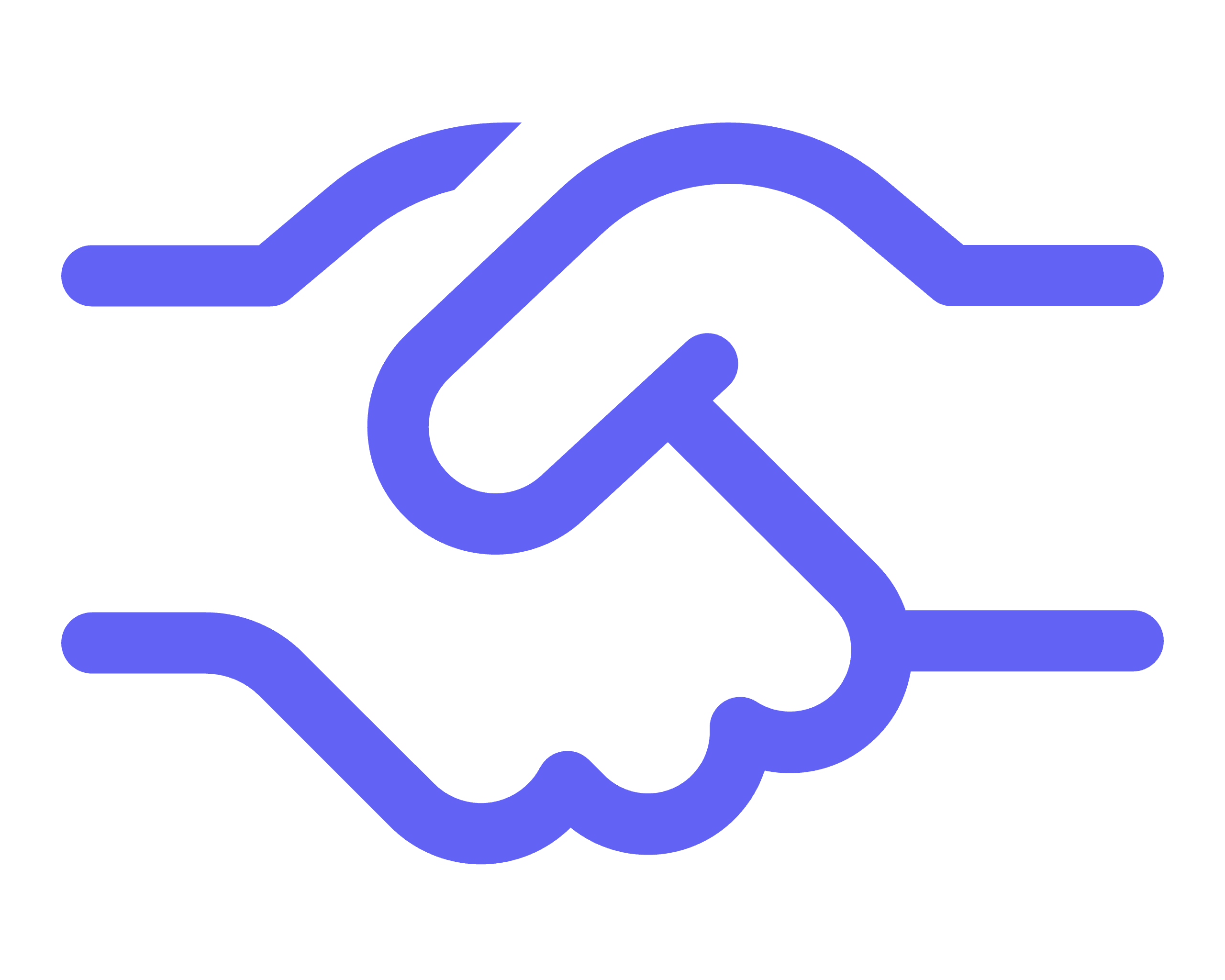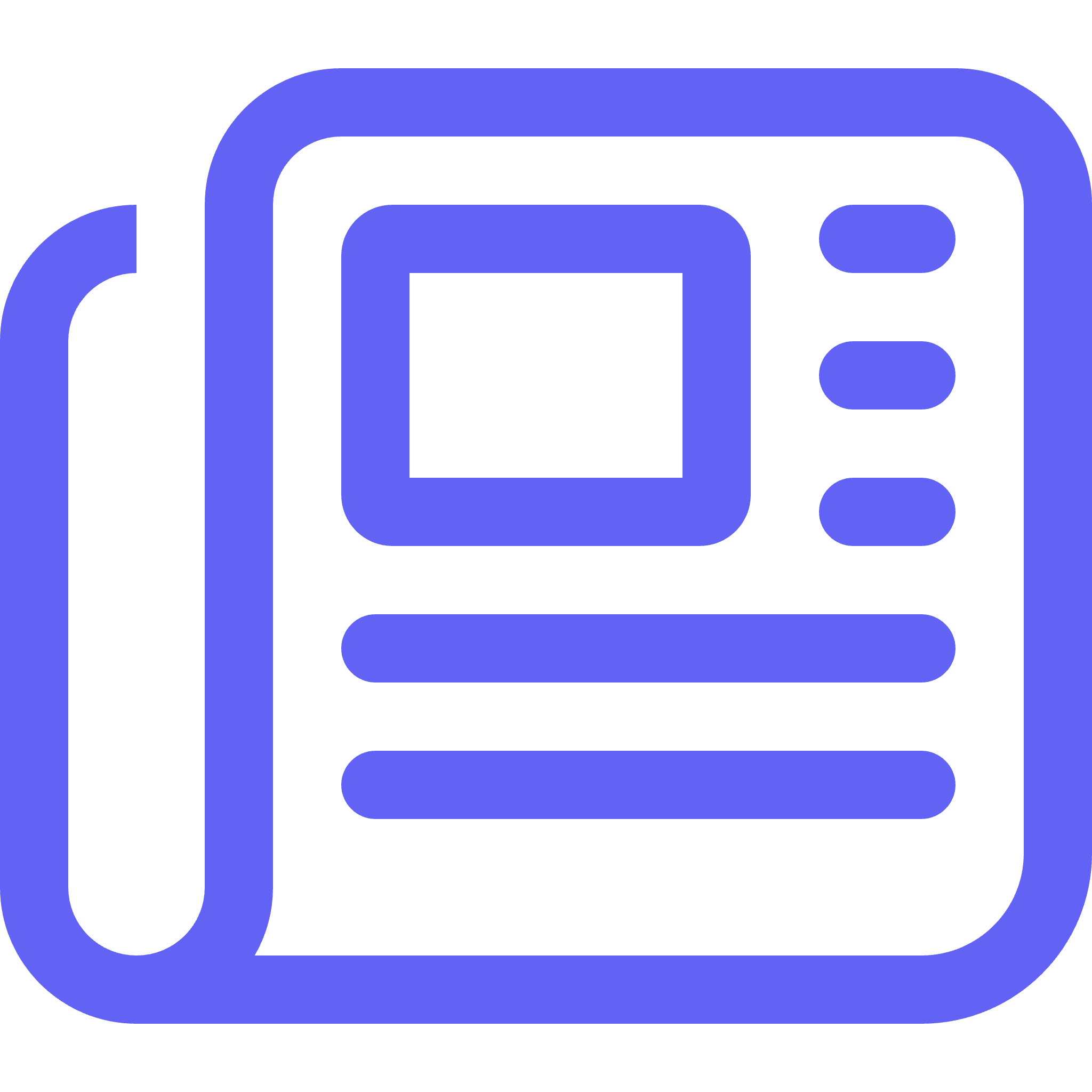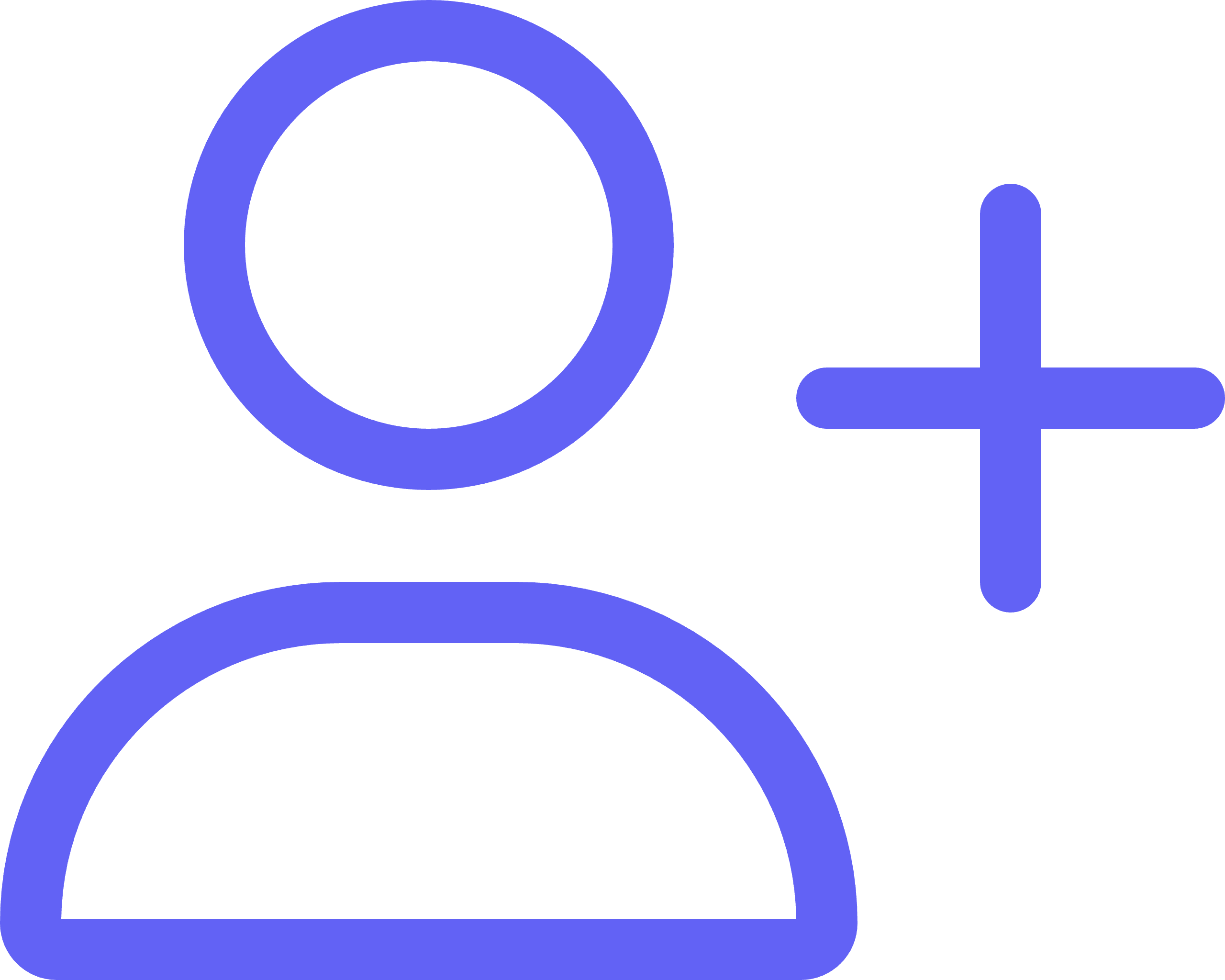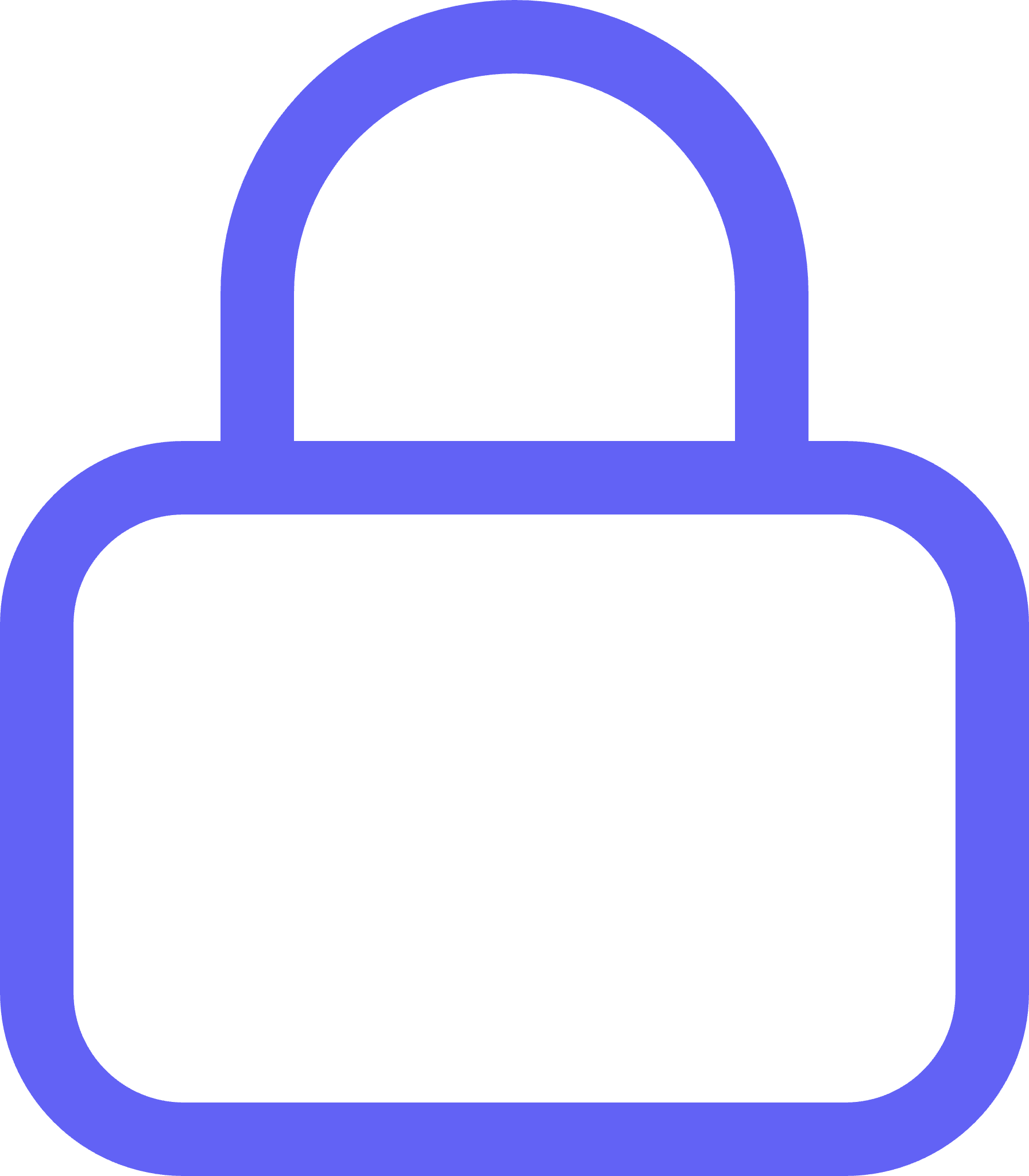Web push notifications are among the most effective tools for engagement, providing you with additional touchpoints to reach your customers whether they’re browsing the internet on mobile or desktop. One study found that web push notifications have a delivery rate of up to 80%—but how can you maximize your efforts?
Here, we’ll outline some of the best practices for implementing a web push notification strategy:
Optimizing Web Browser Push Notifications
Content
Title/headline
This is equivalent to an email subject line, so ensure that it’s catchy, impactful, yet simple:
- Your title should briefly describe what your message is about.
- Add an element of intrigue to stoke the receiver’s curiosity.
- Include relevant emojis if it makes sense to your branding and the message of your content. Emojis have been found to increase open rates by 4.51%.
- Keep it short and sweet. The character limit is 38 characters maximum (with spaces).
Description/message
Your message should be relevant to your target audience, emphasizing the value and benefits if they take action.
- Make sure your message is in sync with your title.
- Keep your tone friendly and personable.
- Ensure the content is personalized to the recipient; segment your messages based on their past actions, preferences, where they are in the sales funnel, etc.
- Localize and send your message in their browser language.
- Be concise. The character limit is 46 characters maximum (with spaces)
Logo/website icon
It’s best practice to include your company logo in your web push notifications to cultivate brand recognition.
Be sure to optimize the size of your logo. Different browsers and operating systems each have their own ideal sizes, but a 360px by 240px image with an aspect ratio of 1.5:1 works well for both desktop and mobile. The image file type is ideally JPG or PNG.
Images
Adding images and rich media to your notification can help grab readers’ attention. However, only Chrome on Windows Desktop and Android (version 56 or above) have image support for push notifications.
- If you use images, use a unique one for each notification.
- Ensure that the imagery you use aligns with your message.
- Optimize the size: Landscape images with 2:1 aspect ratio. The recommended maximum width is 2000px and the minimum width is 300 px. The file type should be JPG or PNG.
Call to action button
A call to action (CTA) button is critical to the success of your web push notification. You need to clearly guide your audience on what to do next.
- Design the button in a way that it stands out. Use contrasting colors and make sure that the color you pick makes sense to your branding.
- Use strong, action-oriented words. For example, “Get your free trial,” “Buy now,” and “Order today.”
- The link should take the audience to a dedicated landing page—directly to where you want them and be able to easily complete the desired action.
- Be mindful of the length. A maximum of 5 to 7 words is ideal; the shorter and more concise, the better.
Timing
Web push notifications are consumed in real-time, so timing is crucial. While there is no perfect time to send notifications, here are a few best practices to keep in mind:
- Be mindful of timezones. This is especially important if you’re targeting an international clientele.
- Respect their routine. Knowing your target audience’s profile is the right way to start. Typically, the hours after dinner are when internet users are most available and more likely to see your notification.
- Use trial and error. Evaluate your performance and do A/B testing where possible. That way, you’ll find which hours of the day and days of the week that your target audience is most active.
Whom to send to
We mentioned before about segmenting and personalizing the content of your web push notification. Doing so helps in increasing your click-through rates (CTR) and conversions.
At Alpine IQ, you can add metadata to your web push notifications and set certain criteria to segment and personalize your content:
- Demography (age, gender, nationality, etc.)
- Location (country, city, etc.)
- Browser language
- Browser type and platform
- Behavior and events (past purchases, frequency of purchases, liked products, etc.)
Segmentation also helps in creating more targeted and effective notifications for every step of your customer’s journey. Triggered notifications allow you to send your messages to the right person at the right moment.
Types and examples of web browser push notifications:
- Event-Triggered Notifications
These are push notifications that are automatically triggered based on key events of a customer’s sales funnel journey. Examples include abandoned cart notifications, reactivating dormant customers, and achievements/milestones (e.g., welcome notifications).
- Behavior-Based Notifications
These are notifications based on a customer’s past actions in your website, such as previous purchases, products they recently viewed, etc. A good example is relevant product recommendations.
- Alerts and Reminders Notifications
These are usually prompted by transactional triggers. For example, order confirmations, payment reminders, and shipping updates.
- Location Notifications
These are notifications that are geographically significant. A classic example is automatically adjusting the language of the push notification based on a customer’s location. Other examples include tailored promotional notifications based on the nearest e-commerce store.
Boost Your Businesses Push Notification and Messaging Strategy with Alpine IQ
The main challenge for retailers when it comes to marketing is getting around most platforms’ restrictions in selling and advertising a highly regulated product.
This is why web browser notifications provide the perfect solution for businesses—a way to reach potential customers where they are spending the majority of their time online: on social media, news sites, and blogs.
It’s also crucial to work with a platform that’s designed especially for businesses, and AIQ offers a cutting-edge browser push notification solution to ensure that all your campaigns are effective and well-performing.
Some of our top features include:
- A template tool to help you define your messages more clearly and ensure they’re on-brand.
- Advanced analytics tools, including split analytics that you can customize for each of your campaign channels.
- Smart technology that triggers notifications regardless of what website customers are browsing.
- Optin prompts within the mobile wallet or via the AIQ pixel on your business website.
- Message delivery system that ensures all your messages are delivered, without having to worry about carrier filtering concerns.
Maximizing Your Web Browser Push Notifications
Sometimes, web push notifications delivery can be blocked by various reasons despite customers providing their consent to optin. Ensure message delivery and maximize your reach by using Alpine IQ’s Waterfall Delivery.
With Waterfall, you can designate backup channels for your campaigns—whether it’s web push notifications, email, or SMS—and protect your messages from being lost in spam folders or being blocked by cell carriers.
The technology also helps you capture new browser push notification subscribers with a seamless one-click in-app push request.
Click below to learn more about Alpine IQ’s messaging features!
To get the latest updates on our suite of services, make sure to subscribe to our blog today!

